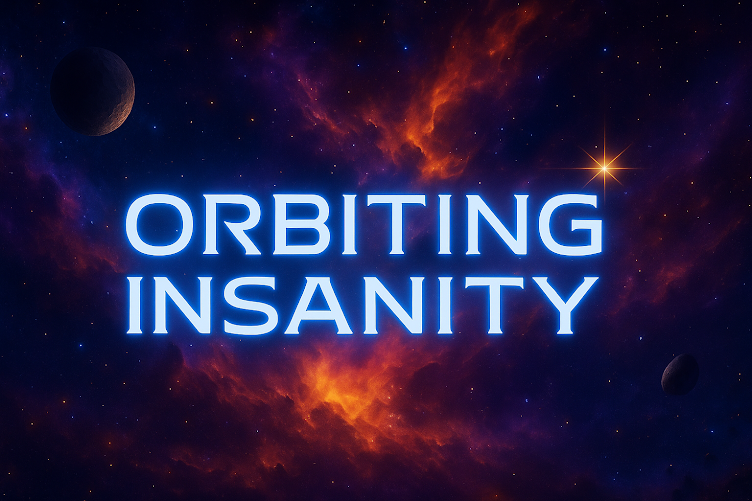An Autofiction
It took a bit of courage to ask the difficult question, but it needed to be asked. I needed to know.
"How long do you think he has?"
I couldn't look at the vet, so I watched as Jasper happily sniffed his way around the examination room. When he got to me, he licked my shoe, then looked up at me, his tongue hanging joyfully out of the side of his mouth.
"Well, it's hard to say," the vet responded. Her voice was kind, though there was a note of sadness in it. "Some dogs in his condition really pull through. But ... I wouldn't expect years, at this point."
Over the summer, I had come to this conclusion on my own. Jasper kept losing weight, despite the countless treats and heaping meals we gave him. The muscles all along his spine and hips had atrophied, until he started to look like a walking skeleton. He looked like those dogs on TV, the ones you'd see on some Animal Planet rescue show, where they go in and save starving dogs from neglectful or abusive parents.
"Is he eating?" The vet asked.
I nodded. "Like a vacuum. We give him two cups of food a day, plus a lot of treats. He was overweight a few years ago, and you guys told us to cut back on his food."
She hummed softly, then wrote something down on her clipboard. "Alright, let's give him as much food as he wants now."
"Well ... he would eat until he explodes," I told her.
"Ah," she said with a soft laugh. "We don't want that, do we, Jasper? Two heaping cups of food in the morning, and two in the evening, then."
Jasper looked over at her when she said his name, then wagged his tail and waddled toward her. She took out a bag of treats, and his tail became wild, wiggling fast as he opened his mouth to pant, excitedly. For the next few minutes, she would be his best friend in the whole wide world.
The vet tossed him a treat, and he snatched it right out of the air. "He's got good reflexes," she said. "And he's such a happy boy."
Jasper just stared at her, tongue hanging out, his dark eyes wide and adoring.
“What should we do?” I asked the vet.
She looked at me with a gentle, solemn expression. “It’s up to you. We can run panels of bloodwork and take X-rays until we figure out what else is going on with him … or we can make sure he’s comfortable.
My eyes began to burn. I knew this conversation would come eventually, and as Jasper’s condition has worsened over the months, I’ve felt it creeping closer and closer.
Yet, now that it had actually come, it felt like being hit by a truck.
Jasper is one of my best friends. He’s my buddy. To imagine that we were at a point where it wouldn’t make sense to keep looking for what was wrong with him … it was heartbreaking. I wanted to tell her to do the bloodwork, the X-rays. I would have, if I were making more money.
The vet must have seen the pain on my face. “You guys have already gone above and beyond for him.”
I nodded and looked at him, whose tail was tapping quickly against the floor as he stared up at the vet, waiting for another treat. She handed him one, and he joyfully gobbled it up before resuming the exact same position, begging for yet another.
“Okay,” I said softly. “What can we do to make him more comfortable?”
She prescribed more carprofen, a drug that would help reduce the pain from his arthritis. It is also a drug that can cause liver and kidney damage with prolonged use, but at this point, we aren’t sure what the long-term looks like for him. If he even has a long-term.
We went home, and he was very happy to get a surprise second bowl of food for dinner. I sat next to him as he ate. He didn’t even notice me until he was finished eating, and then he came to sit in my lap. I pet his fluffy ears, and his tongue started hanging out the side of his mouth again.
“You are the worst dog,” I told him lovingly, then kissed him on his head and hugged him. He leaned backward into me, leaning his upside-down face against my shoulder.
I wondered what he knew. He must have known I felt sad. He must realize he doesn’t quite move like he used to. Does he wonder why things hurt, or does he simply accept them? Does he know his body is starting to fail him? Would he hate me if he could understand that we aren’t trying to fix him anymore?
He sniffed my chin and gave me a stinky lick. His breath smelled terrible but I couldn’t even manage to be disgusted at the moment. I laughed and squeezed him tighter. It seemed like answer enough.
“Love you too, buddy.”
 |
Jasper at the Vet
© Jessica McKendry |


